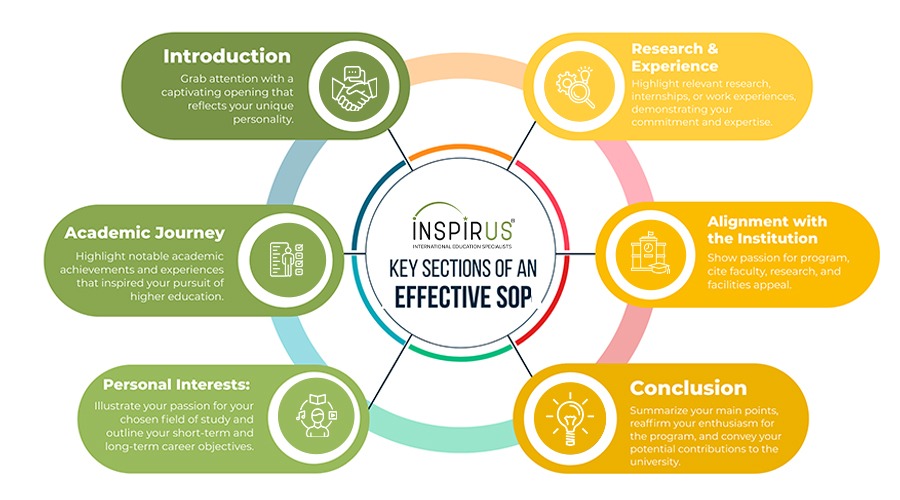A Statement of Purpose (SOP) is a letter of intent written by a prospective student applying for admission to an educational institution, typically for graduate school or a specific program. It is a crucial part of the application process and provides the applicant with an opportunity to showcase their personality, background, goals, and motivations to the admission committee. The SOP allows the applicant to present their unique qualities, aspirations, and reasons for choosing the particular institution or program.
The importance of an SOP cannot be overstated, as it serves as a means for the admission committee to understand the applicant beyond their academic transcripts and test scores. It helps them evaluate the candidate’s potential, passion, and suitability for the program they are applying to. A well-crafted SOP can be the deciding factor in gaining admission, especially in competitive programs and prestigious institutions.
Writing an SOP requires careful planning, thoughtful reflection, and diligent editing. It is recommended to start working on the SOP well in advance, allowing time for multiple drafts. SOP helps institutions to understand applicant’s Self-assessment, personal & academic motives.
When structuring an SOP, some general guidelines can be followed, although formats may vary depending on the institution or program:

- Introduction: Provide a brief and engaging introduction, capturing the reader’s attention. Focus on providing straightforward and relevant information to make your SOP more effective.
- Academic Achievements: Describe your academic journey briefly, highlighting any specific achievements or experiences that have influenced your decision to pursue further studies.
- Specific Interests: Explain your interests in the chosen field of study and how you developed them. Clearly outline your short-term and long-term career goals.
- Research & Experience: Mention any research projects, internships, or work experiences related to your chosen field and explain how they have contributed to your knowledge and commitment.
- Demonstrate your alignment with the university: Elaborate on your genuine interest in the specific university or program, emphasizing factors such as esteemed faculty, research prospects, excellent facilities, and any unique elements that captivate your attention.
- Conclusion: Summarize your main points and reiterate your enthusiasm for joining the program and contributing to the university.
As for what not to include in an SOP:
- Avoid excessive bragging or focusing solely on academic achievements. Instead, highlight how these achievements have shaped your aspirations.
- Use formal and appropriate language; avoid slang or overly casual expressions.
- Plagiarism is strictly discouraged. Create an original SOP that reflects your unique experiences and motivations.
- Refrain from mentioning a desire to work in a foreign country primarily for financial gain. Focus on academic and career goals instead.
- Keep the SOP concise and engaging. Avoid lengthy and monotonous passages that may lose the reader’s interest.
- Keep your SOP confidential and avoid sharing it with others, as it may lead to plagiarism issues.
A strong SOP allows the admission committees to get to know you as a person, your passions, and your potential contributions to the academic community. So, take the time to create an amazing SOP that represents you in the best possible way!


